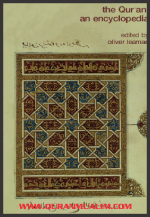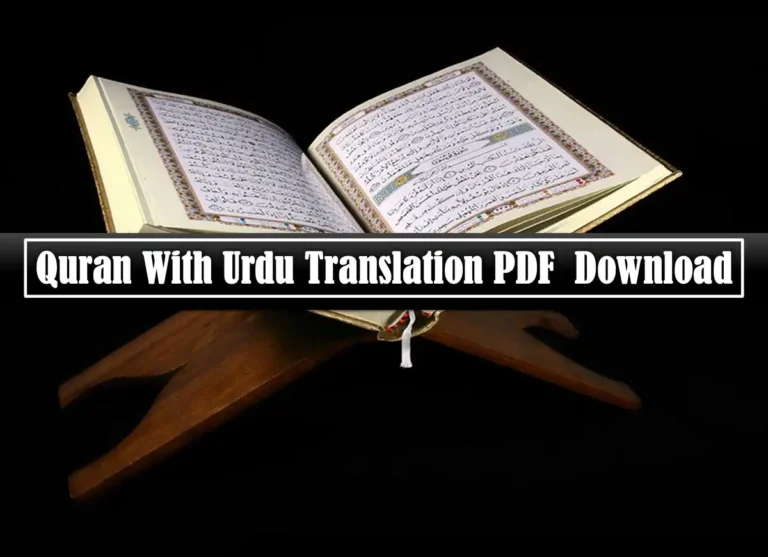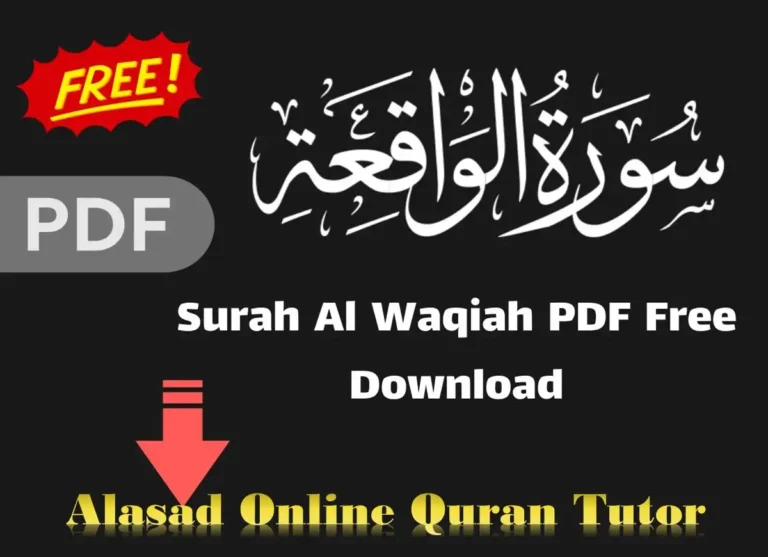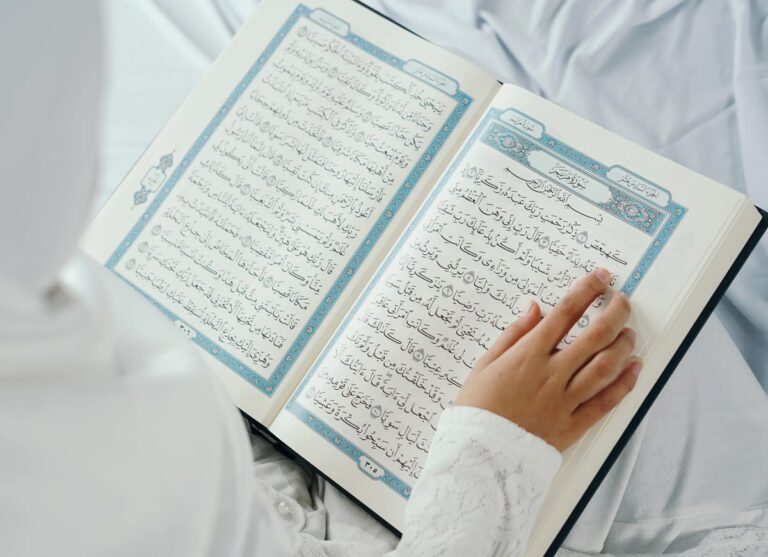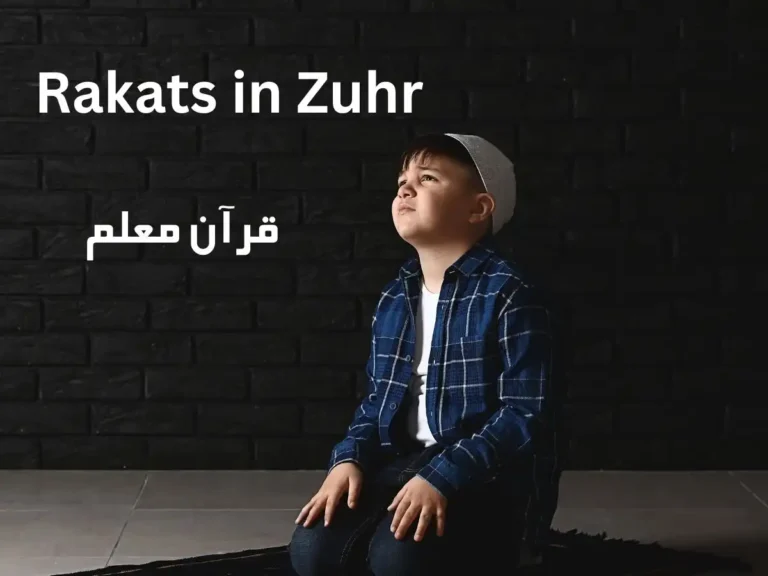Understanding the Essence: An Authoritative Exploration into the Meaning and Significance of Zakah in Islamic Traditions” (The Conversation) (The Conversation) Muslims regard wealth as an offering and divine enlightenment.
The Quran encourages people to share their wealth and earnings with those who have less. Giving alms is among the five foundations of Islam and is a key ritual in the religion.
One of the ways this happens is via Zakah , the annual obligation to give 2.5 per cent of one’s total wealth. Islam obliges all adults to give their wealth abundantly to people experiencing poverty.
Additionally, Muslims may help others by engaging in charitable actions like sadaqah, which can be found in the Quran. Sadaqa is any other giving that could be used to achieve the goal of helping others. Shiite Muslims must contribute one-fifth of their annual khum earnings to their spiritual leader, the Imam, to support charitable causes.
Why Zakah is important
American Muslims constitute about 1 per cent of the population, and their average income is lower than those who are not Muslims. However, because of Zakat and other customs, Muslims donate more to charities than others.
These charity donations can be used for the community’s benefit over the long term. Most major Muslim mosques worldwide are supported by long-standing endowments known as the awqaf. These endowments provided educational and social aid for communities well before the advent of nation-states like the modern ones.
A gesture of kindness
The ultimate purpose of Islam is the realization of equality for everyone. It is more than making money.
Volunteering time to assist others, such as volunteerism, caregiving or just acts of kindness, can be considered a kind of charity.
The Quran refers to charity as being a ” beautiful loan” and compares donations “to the size of a grain (of corn) which develops seven ears, and each ear is 100 grains.”
Muslims believe charity benefits the recipient, the giver and the general public. It is, above all, a sign of respect for the divine duty to aid those in need.
ZAKAT:
- Zakah | Zakat al Mal | Zakah – Learn Islam
- Zakat ul Fitr | Muslim Charity – Learn Islam
- Beneficiaries of Zakah | Islamic Relief Worldwide
- Importance and The Significance of Zakat in Islam
- Zakah Facts | Importance of Zakat | Benefits of Zakah
- Zakah al Fitr: The Obligatory Eid Gift to Be Made Before The End of Ramadan
Categories: PRAYER (Salat), ALMS (Zakat), SAWN (Fasting) HAJJ (Pilgrimage) & DUA (Supplications), Hadith and Tafseer, The Holy Quran, Quran Jaz 1- 114
Topics: Ushr and Zakat, Hijab, Arabic Corner, Faith, Islamic History, Biography, Sirat ul Nabi PBUH, Islamic Studies, Halal & Haram




